I’m not sure I can recall an anime experience quite like this season of Fumetsu no Anata e. It’s weird, real weird, but in different ways than I’m used to with anime. It meanders through episodes at an ambling pace, almost seeming to start and end at random points in the narrative. It almost feels as if the season is one seven-hour episode, with no thought given to where and when the episode breaks are. As such the normal intra-episodic peaks and valleys you’d expect aren’t there, and my brain doesn’t know quite how to process it.
The circumstantial evidence available to me suggests that this is losing the audience to an extent. I’m certainly not getting any comments, and not seeing many in other places. But I’m liking the experience, partly for how strange it is but also partly because it’s genuinely intriguing. The lack of concern with conventional pacing gives the narrative flow a very naturalistic feeling which I’m rather fond of. The really puzzling thing is that the first season wasn’t like that all – it was much more conventional structurally, which admittedly has its upsides. We have a new director and studio (though the same writer in charge), so perhaps that’s the Occam’s Razor explanation. But I can’t help but be curious whether some of this change reflects what happens in the manga.
The princess behind the curtain, Alme (Shitaya Noriko), slides into a prominent role here. She has a past with Massar, in that he was the child of a servant at the palace and her childhood playmate. She – and many others – were convinced the young Massar was in it to try and marry her, and thus become king under the laws of Restil. But he knows something she doesn’t – he’s her half-brother by different mothers, and his motivation seems all along to have been to protect her (I’m assuming Massar also knew this secret as a kid). As such he’s the obvious candidate to try and win her trust, which he winds up doing through a remembered promise of their childhood.
We get some of Hairo’s backstory too, and it’s a pretty bizarre one. He was brought up in the Church of Bennett, who continue to come across as a scathing critique of medieval Christian religious institutions. There’s talk of being possessed by a demon, and having his teeth yanked out whenever they started to grow in. It’s hardly surprising he was receptive when Bonchien came a’calling, even if I don’t fully grasp exactly what his deal was. Hairo’s role is to win over the trust of the armed forces, who Fushi would just as soon not even involve in the defense of the city for all the good he thinks they’ll do. Local soldier Kamu (Ochiai Fukushi) more or less drafts himself as a kind of bridge between the army and Hairo.
As for Fushi, he has what amounts to the biggest job of all – winning over the trust of the populace. To this end he starts rebuilding houses at breakneck pace, leaving a little of himself in the walls of every one to bolster their resistance to Nokker. I don’t know if Fushi can keep this up on this scale – it has to deplete him on some level, you’d imagine. Through the guise of Booze Man he becomes a legend among the townies, a wiseman or a wizard – or both. But there’s more to be done than he can in the months before the nokkers attack (assuming they politely arrive on-schedule).
The business with Massar and Alme is quite an interesting supblot (I liked that bit where he blew her veil up and exposed her face). But in emotional terms, it’s really Fushi that’s keeping me invested at this point. As abstract as most of this season has seemed stylistically, Fushi remains a really compelling figure at the heart of the story. Whatever happens with Renril is sort of secondary to the importance it takes in Fushi’s eternal quest for answers, which has enough pathos to at least somewhat make up for the lack of it in most of the material since Gugu’s departure.


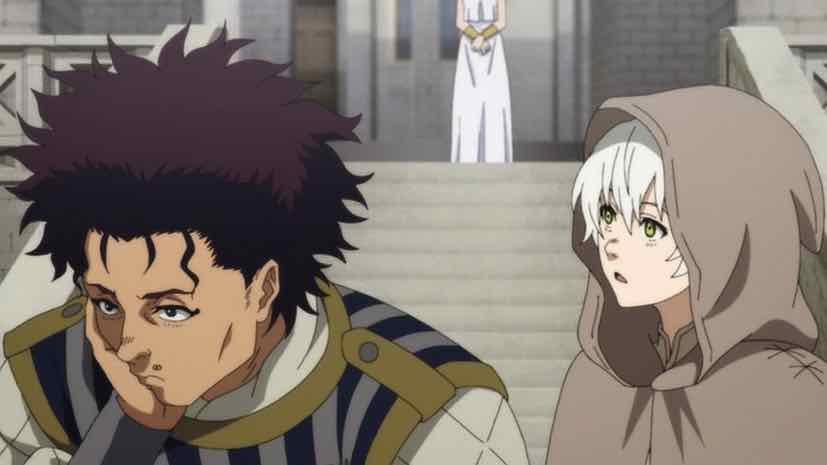
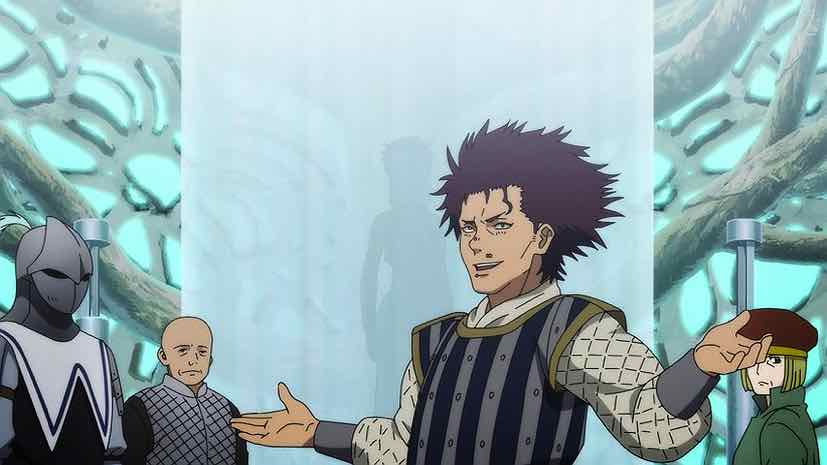
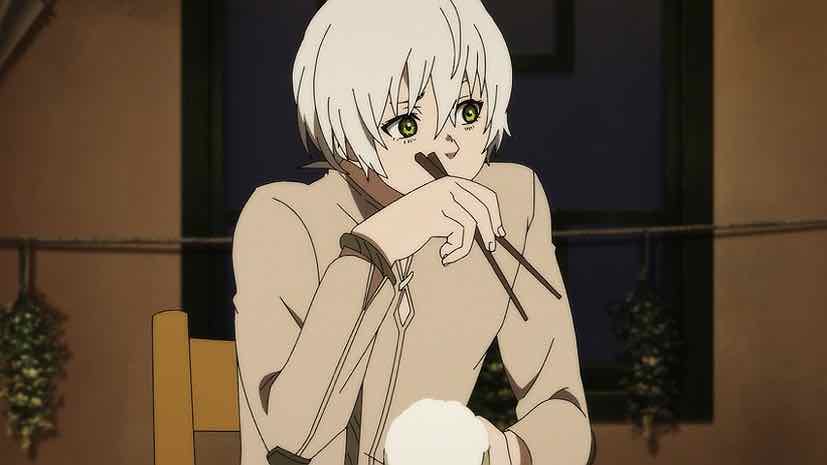
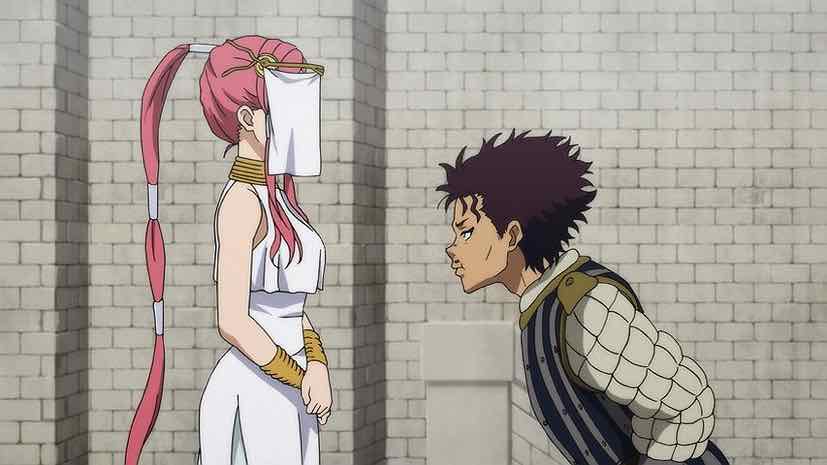

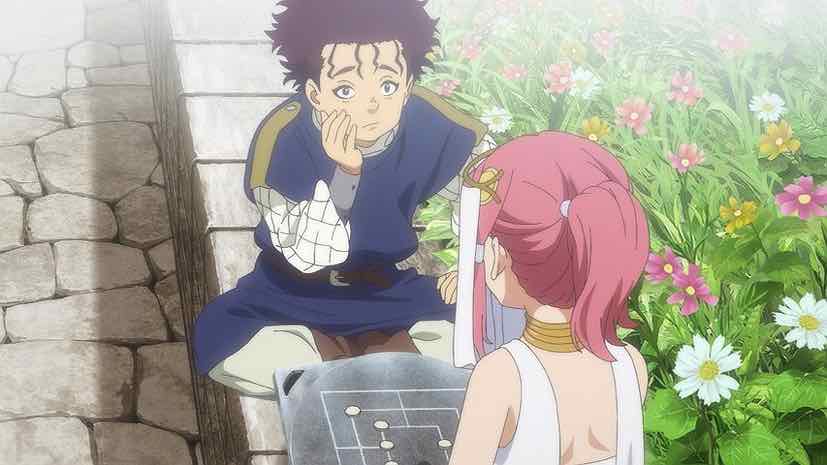
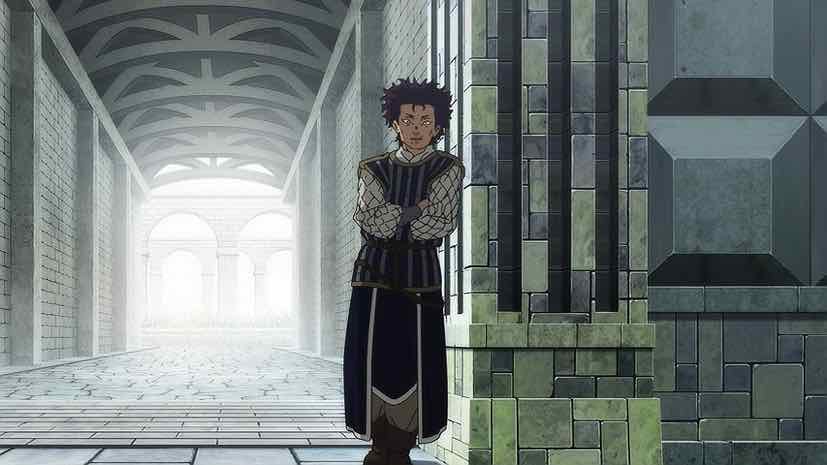
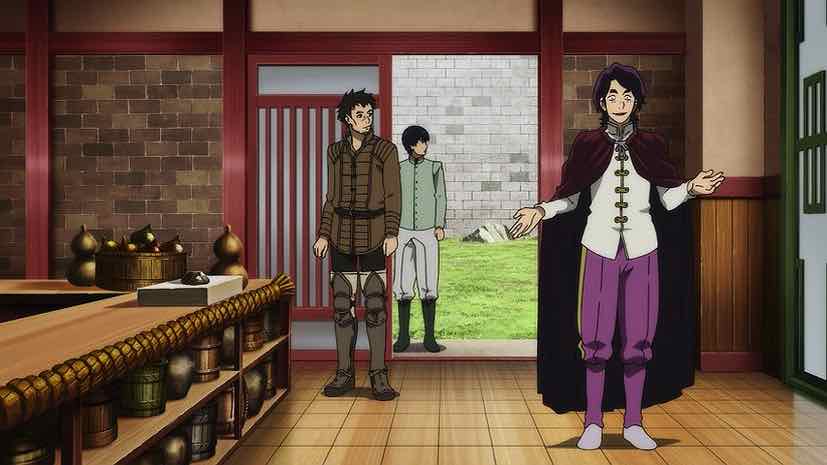
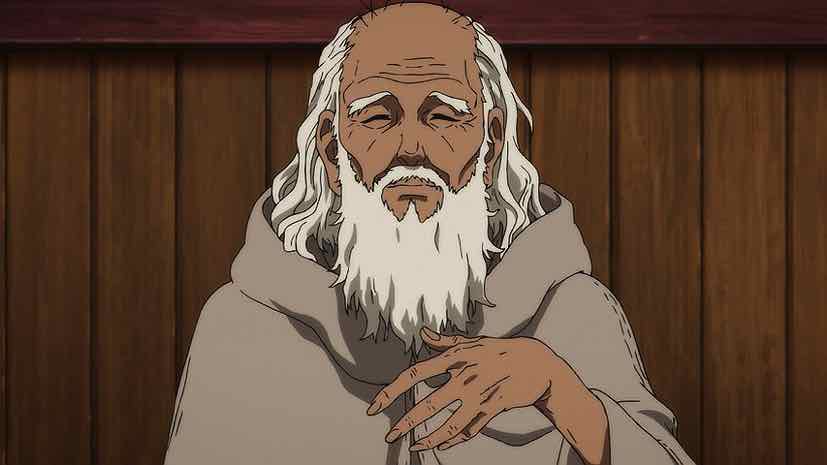
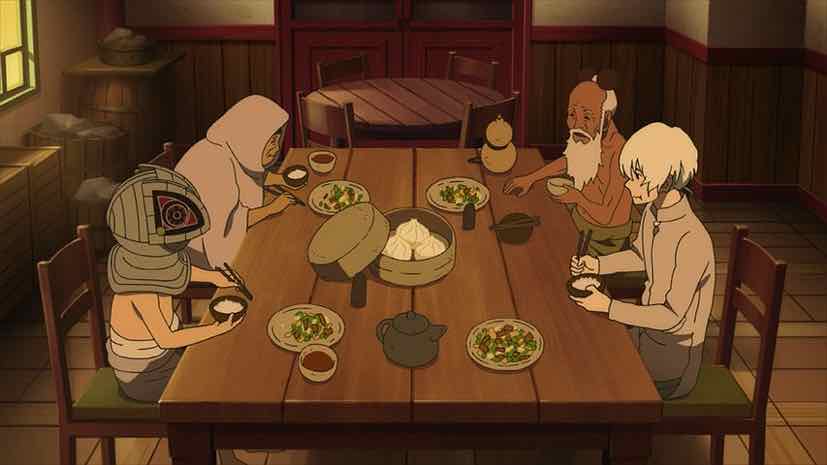
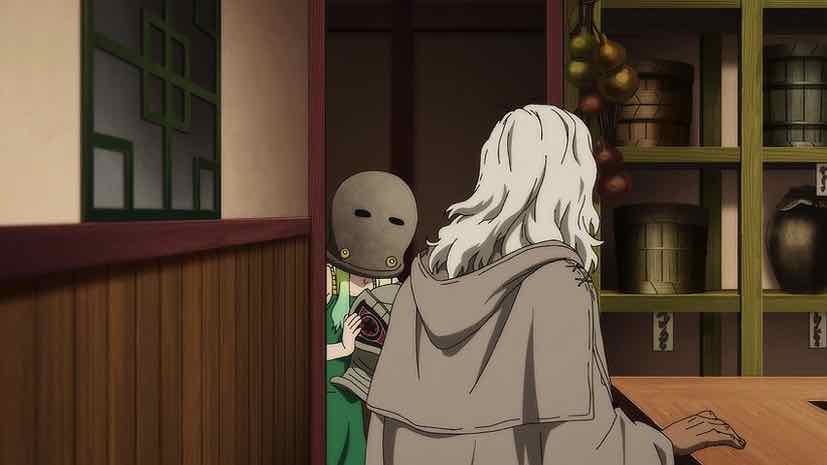
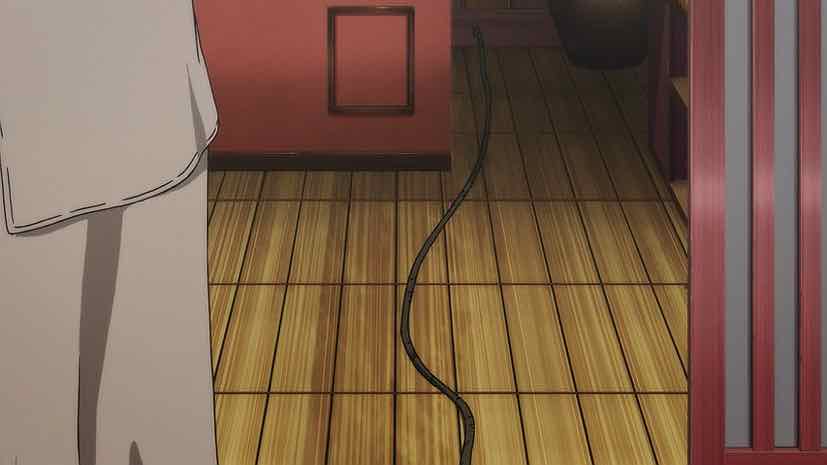
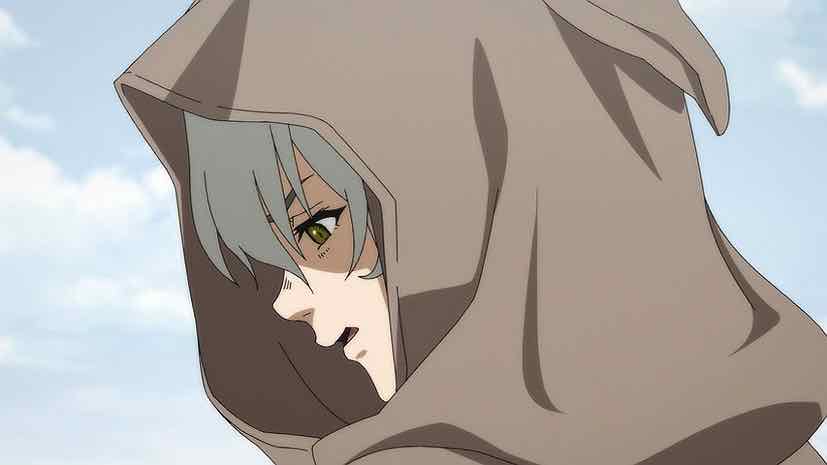
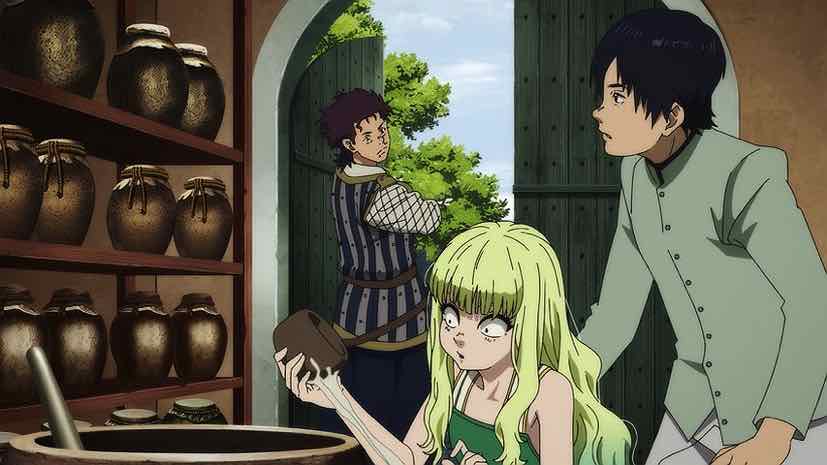
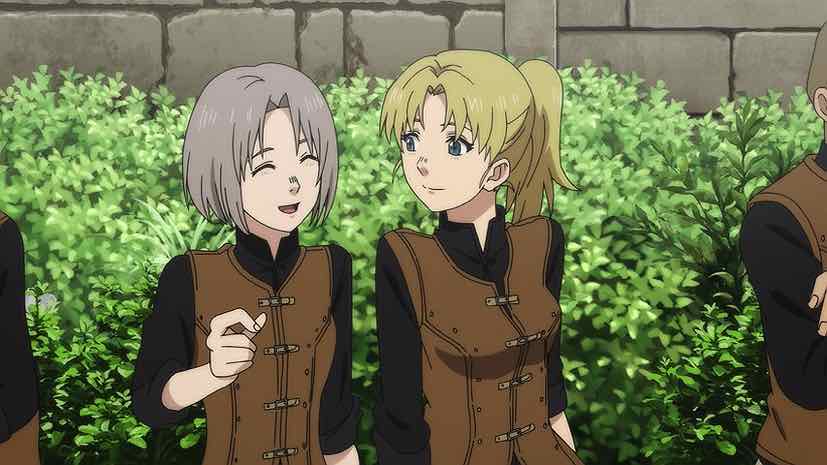
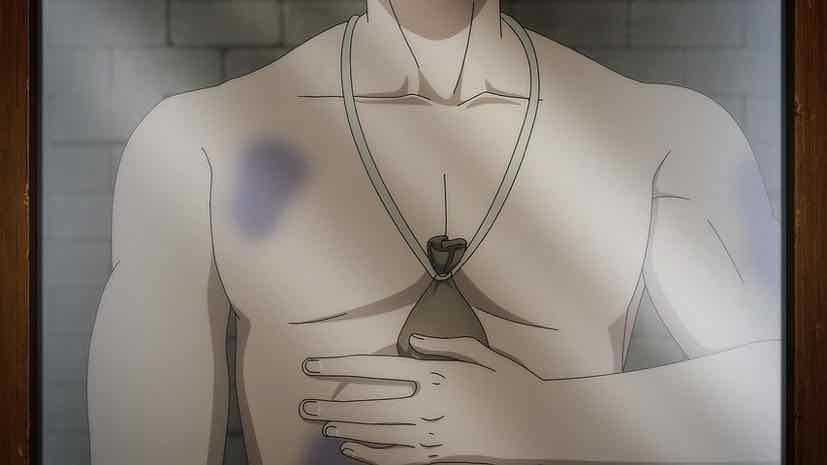
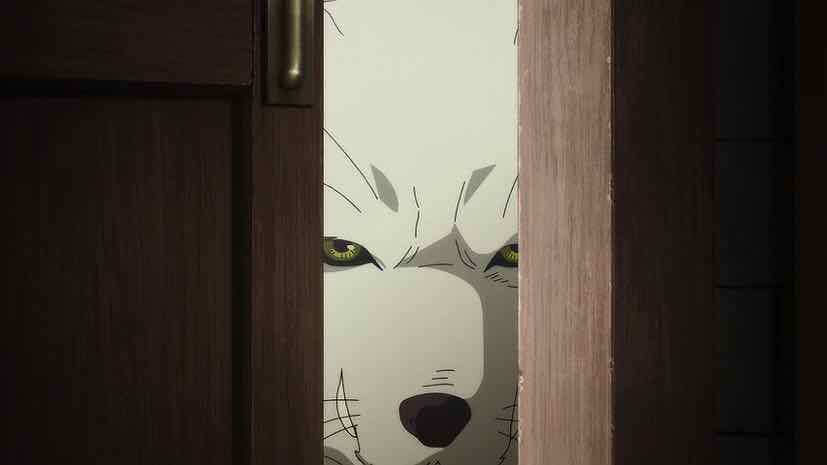
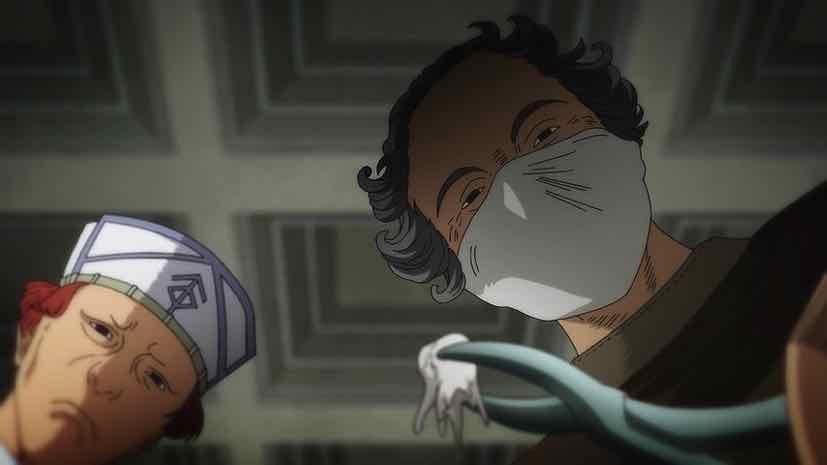
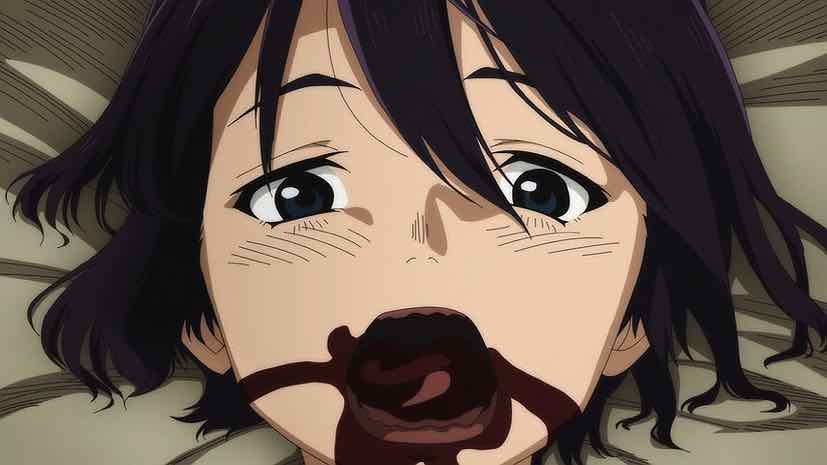
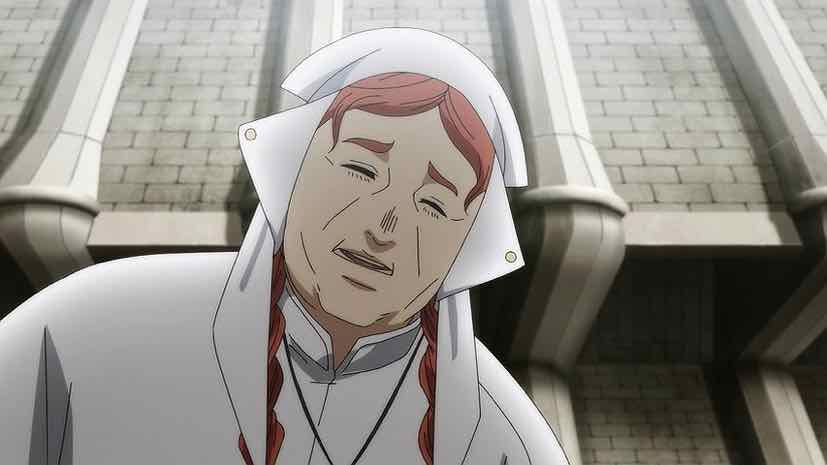
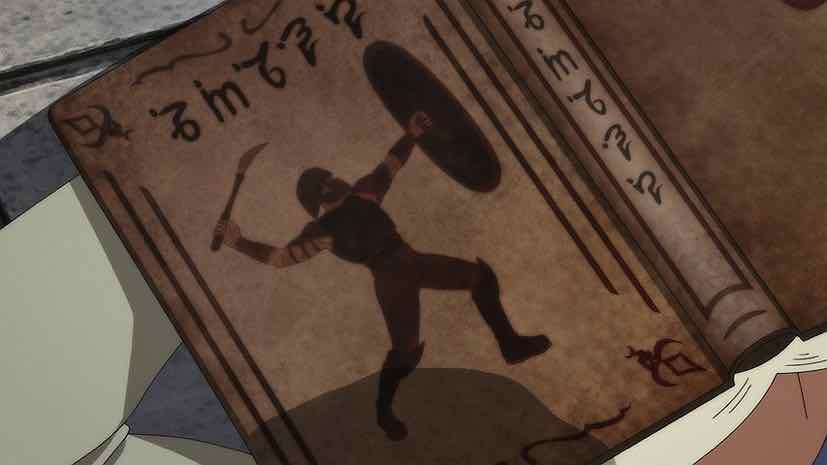

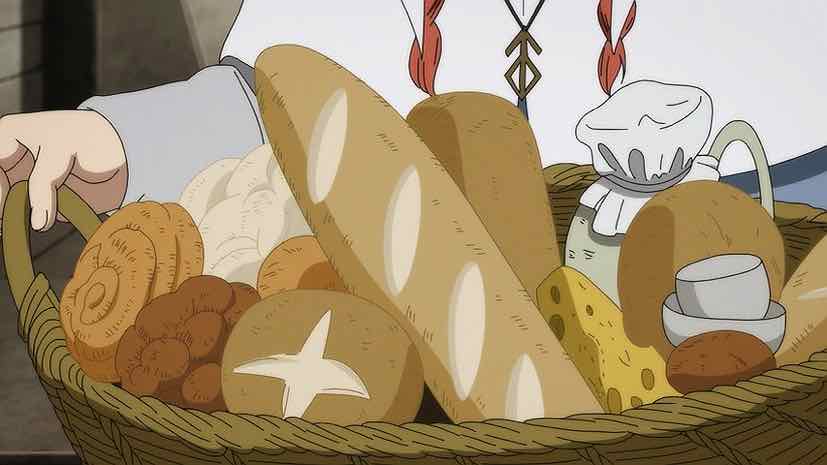

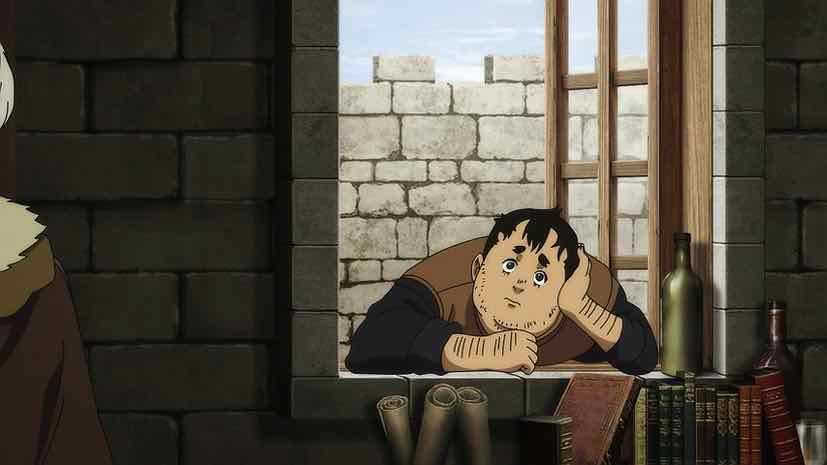
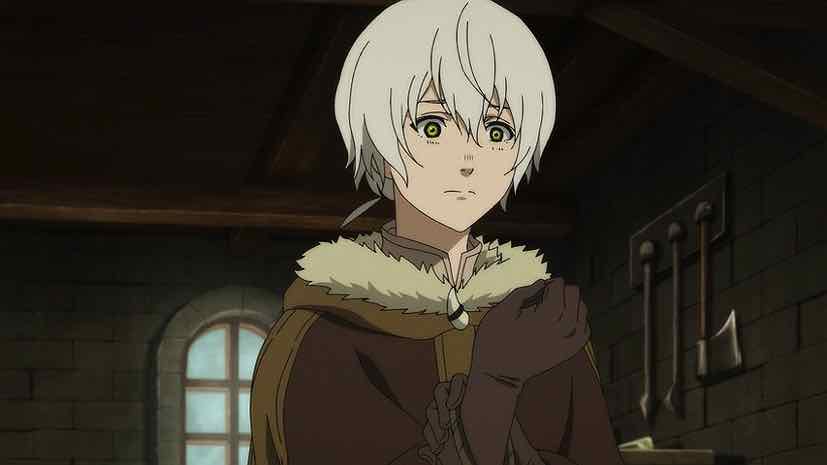
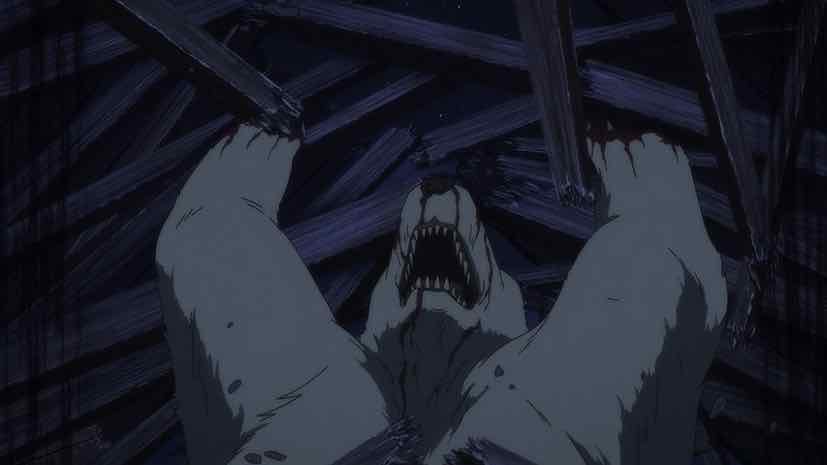
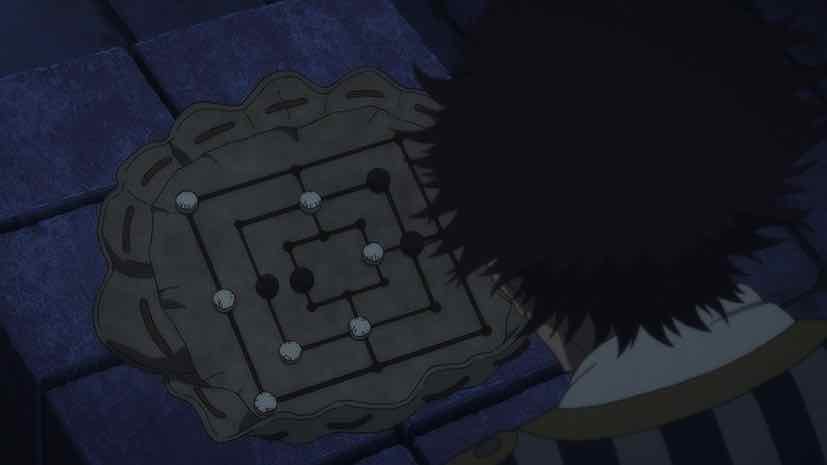
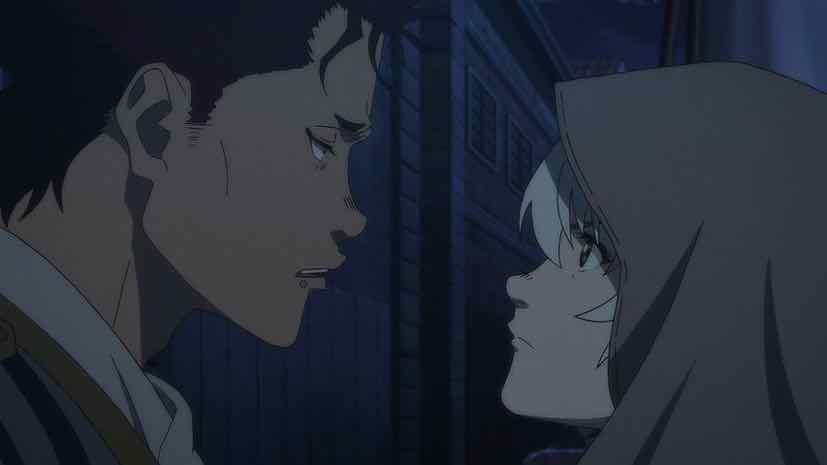
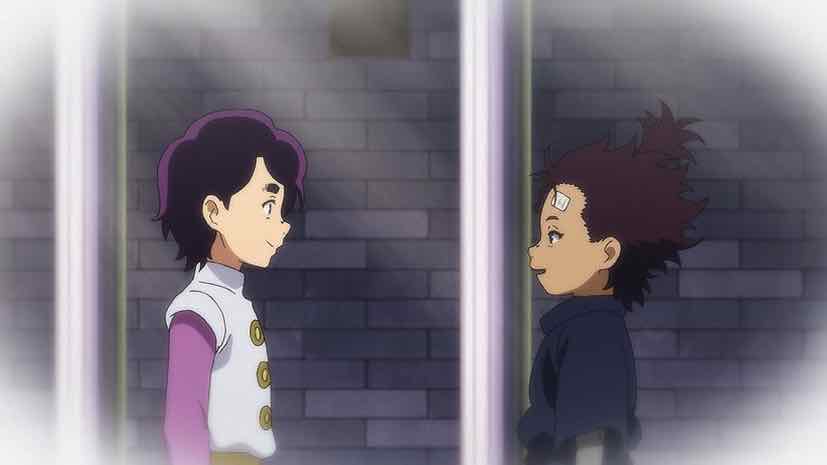
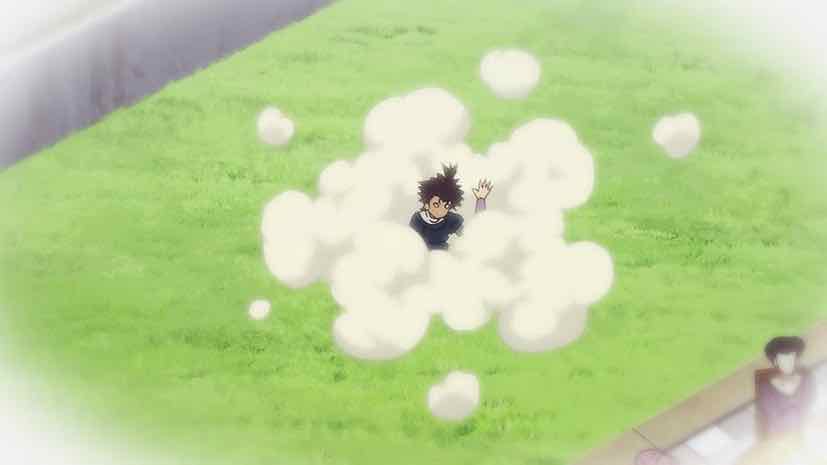
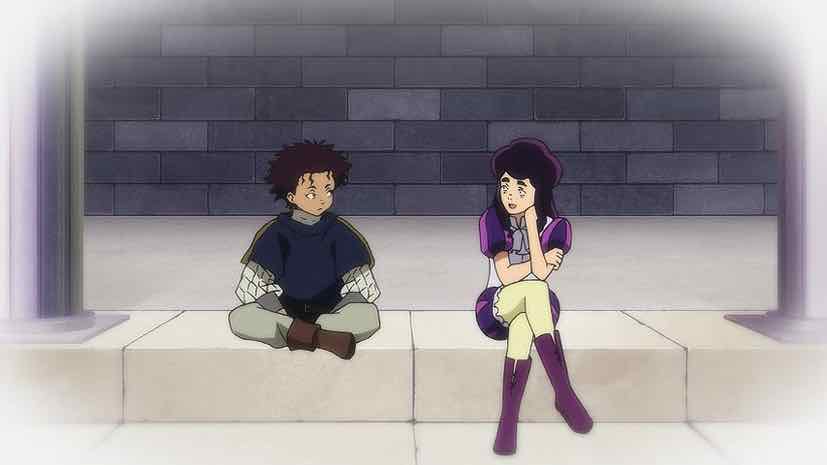
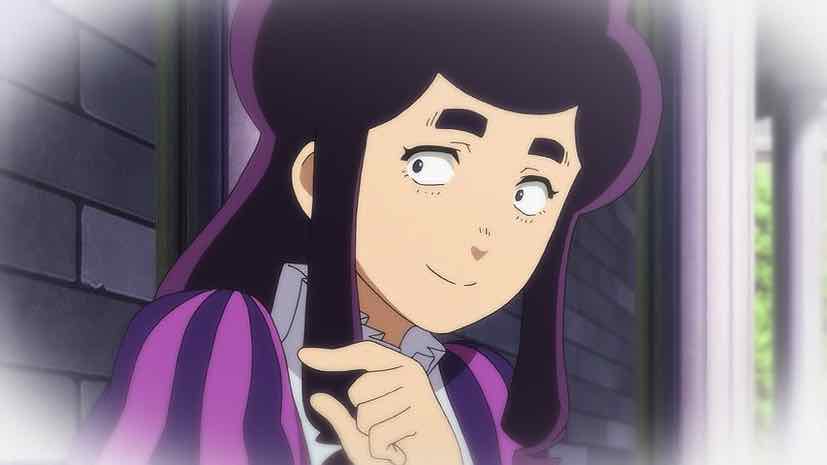
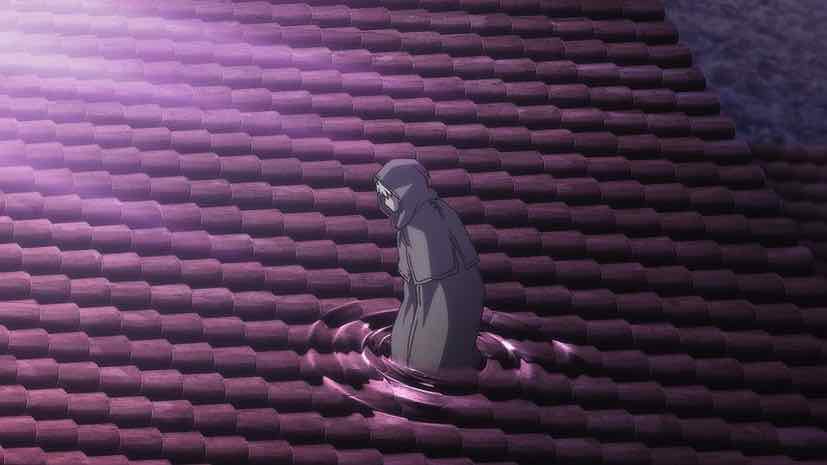
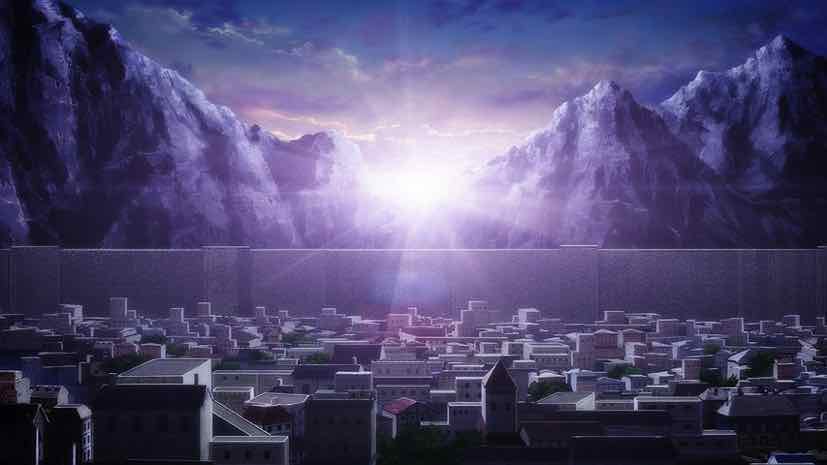
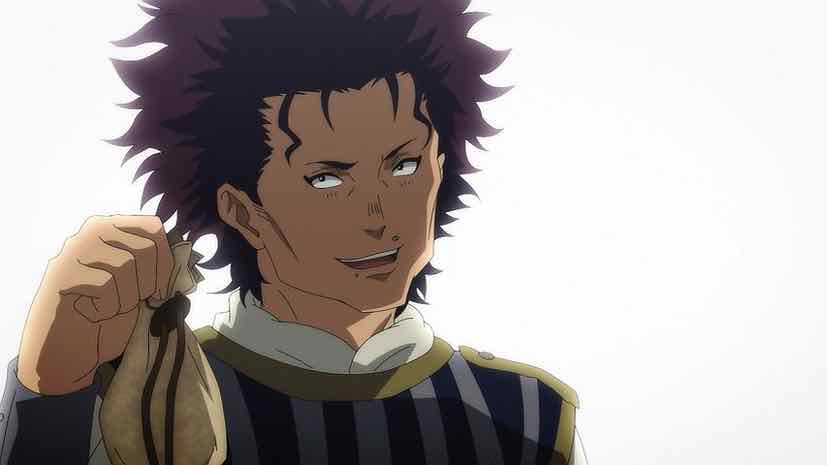
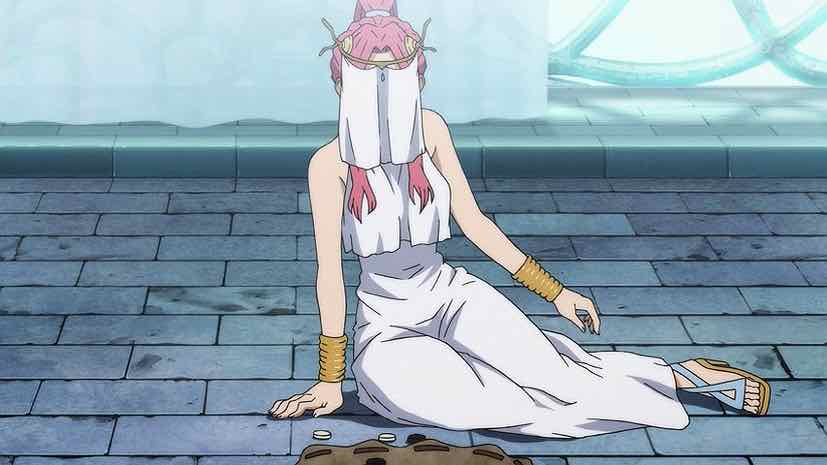
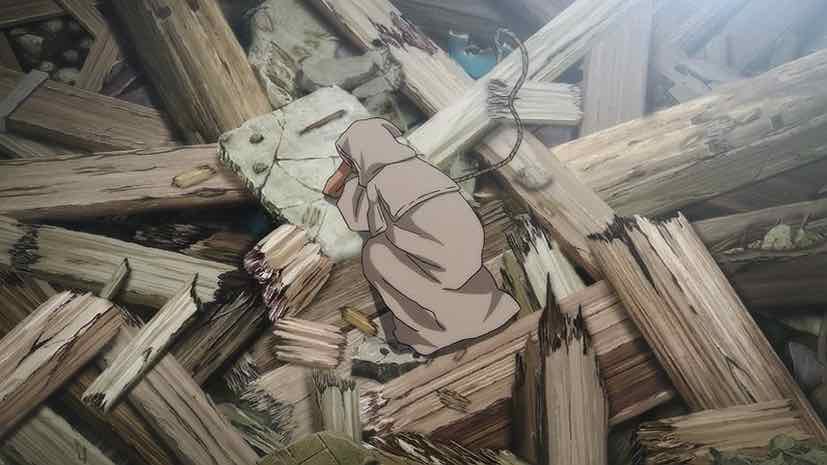

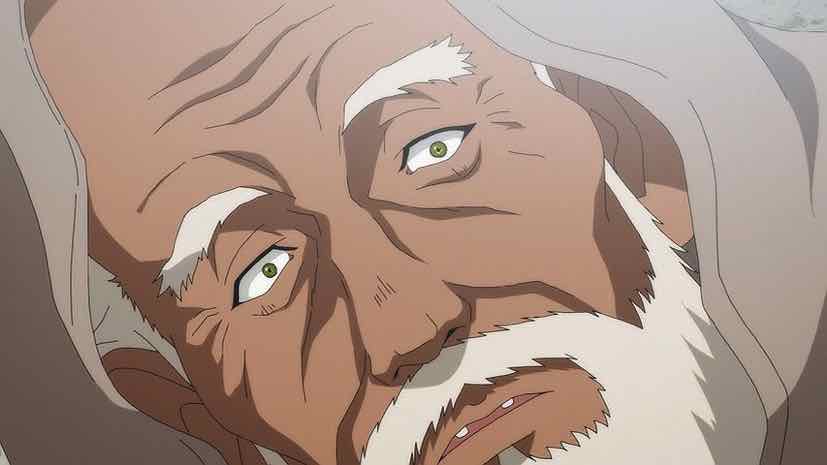
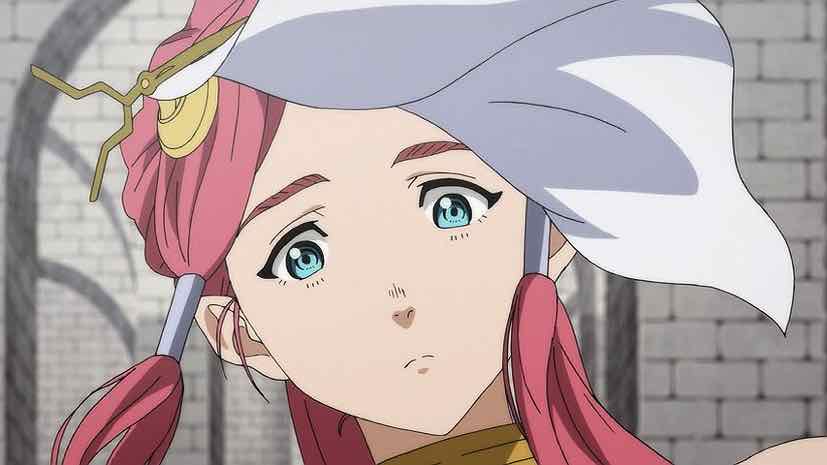
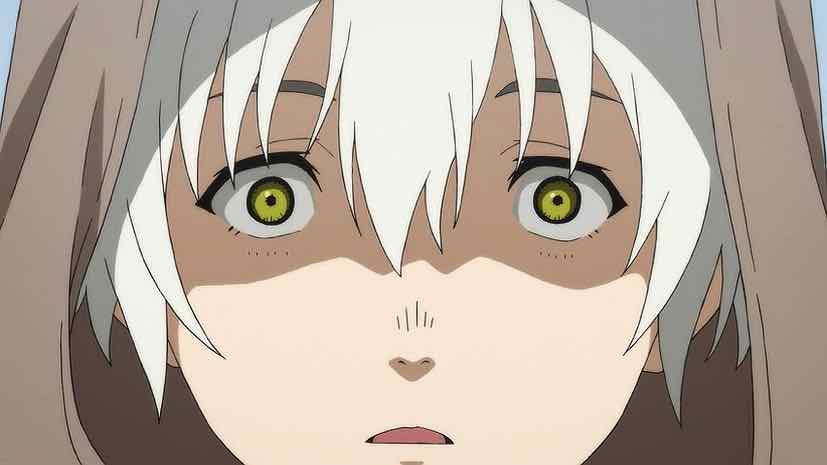
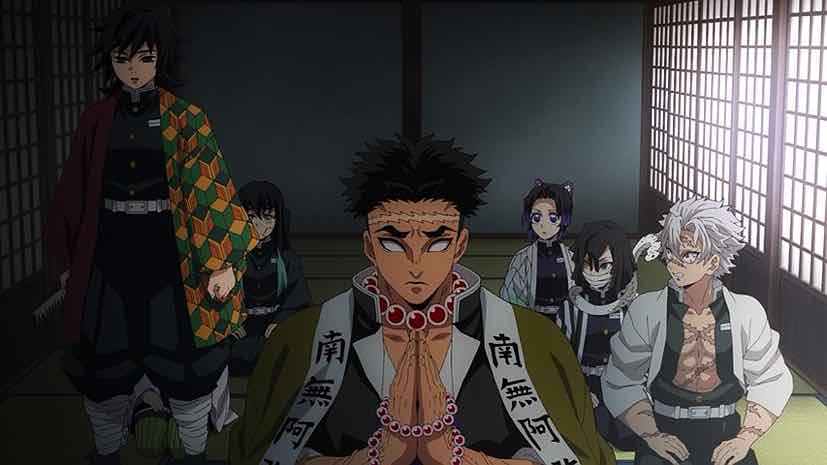
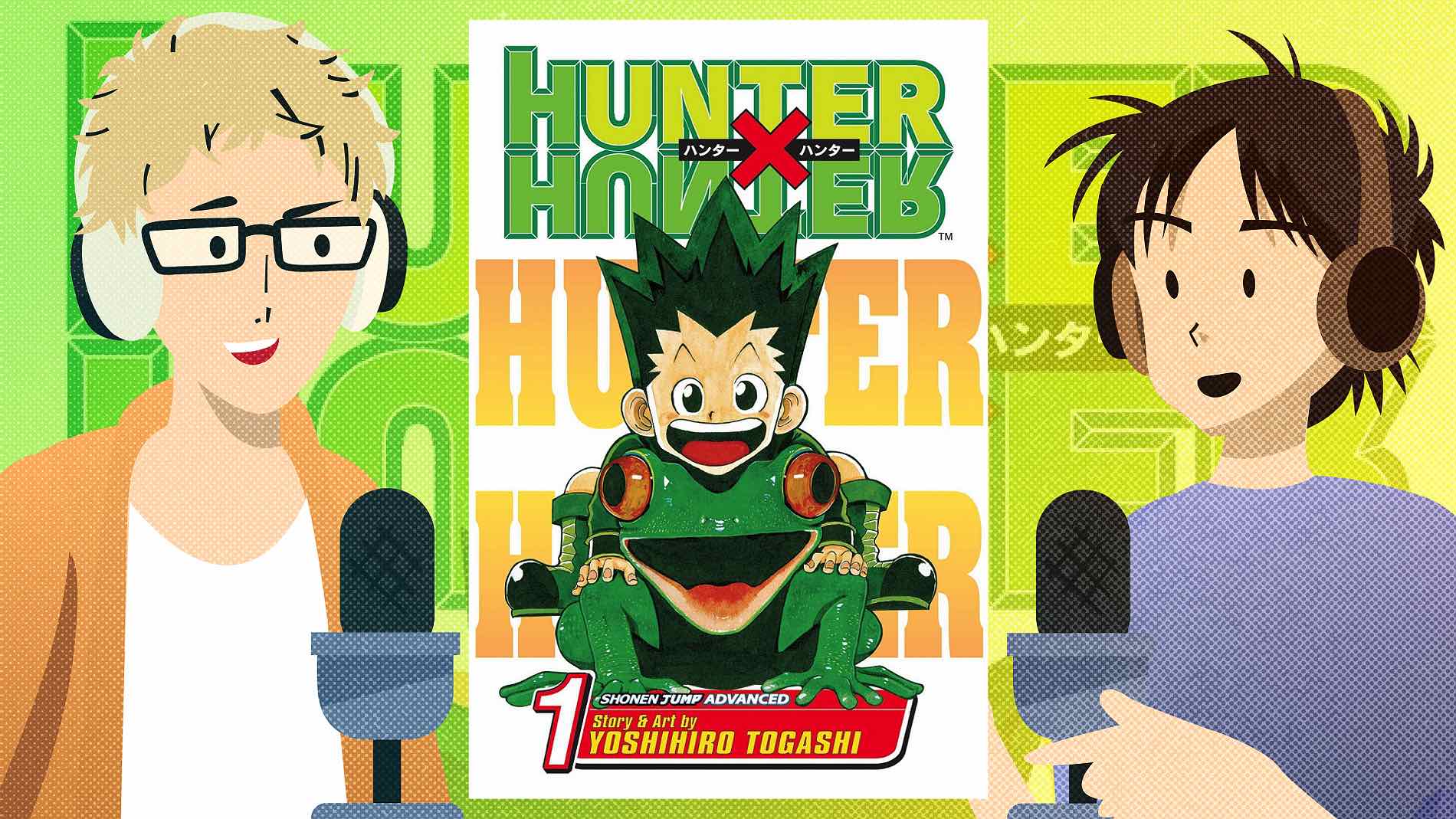
DukeofEarls
January 17, 2023 at 3:42 amI haven’t commented on your reviews thus far, but I’m a faithful viewer of this show. I think the second season has actually surpassed the first for me.
It may be a somewhat unusual comparison, but this show reminds me a bit of Made in Abyss. The common thread is a very watchable story that is driven by world-building and the intrigue that stems from an interesting world. I’m no expert, but from what I’ve read, it’s commonly believed among authors that good fiction is driven by characters first and foremost. But To Your Eternity and Made in Abyss both buck that trend for me; the characters aren’t uninteresting, but the macro story of the world is what’s bringing me back every week.
Guardian Enzo
January 17, 2023 at 8:09 amI can kind of see the MiA comparison, on a lesser scale. Both series certainly do rely on world-building a lot but especially MiA also does a very good job with character, IMO. The line between plot-driven and character-driven is pretty blurry there.
Rasu
January 17, 2023 at 5:31 amI also haven’t commented because I promised I wouldn’t do it anymore since it seemed to be some kind of nuisance, but I’ll make an exception just to say that Hairo suffers from analgesia, that’s why the guard pointed out that maybe he’d have been able to help his nanny if only he’d understood pain. I also didn’t get it at first. As for Messar, it seems like he kinda also liked her half-sis.
Guardian Enzo
January 17, 2023 at 8:07 amWell that explains some things. TBH I don’t think the anime did a very good job communicating that. But then I’m always complaining about exposition by explanation so maybe I should be grateful.
Marmot
January 17, 2023 at 6:16 amI like to read your episode reviews and look at the screenshots even when I haven’t watched a series, but I can’t make heads nor tails of this one. The screenshots are pretty at least. I heard the new season didn’t get picked up for review at ANN, so it does seem like overall interest has fallen off.
Guardian Enzo
January 17, 2023 at 8:08 amThat’s flattering, LOL. You should at least watch S1E1 of this series, it’s pretty spectacular.
Lurk-chan
January 23, 2023 at 9:31 amI think it was actually sneakily implied during the training scene, where a lot of those “black flashes” kept appearing whenever the soldiers hit each other, yet they were suspiciously missing when Hairo got hit or even dislodged one of his arms.
This, and the sudden theatrics of some silly “ow ow ow” when pointed out his arm is actually backwards!
Lurk-chan
January 23, 2023 at 9:32 amSorry, meant to reply to one of your posts above!
Guardian Enzo
January 23, 2023 at 12:33 pmYeah, in hindsight it seems obvious but at the time I just didn’t make the connection.